LESSON SET OVERVIEW
With this lesson set, your students will:
- learn and practise vocabulary related to cities and transport,
- practise the use of quantifiers with countable and uncountable nouns,
- watch a video about the initiative called a “bike bus”,
- talk about modes of transportation and problems cities face.
In the first lesson, students talk about cities and learn quantifiers. In the second lesson, they talk about transport in cities using the quantifiers.
This is a lesson set. Use the lessons in the set in the suggested order. Learn more about sets here.
Each lesson in the set is also a standalone lesson.

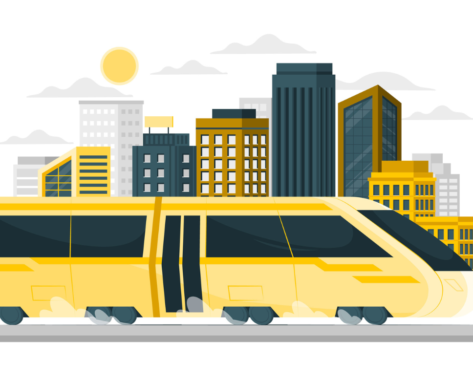

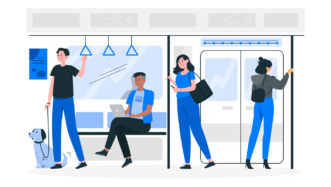




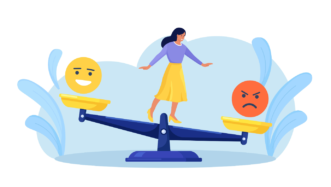

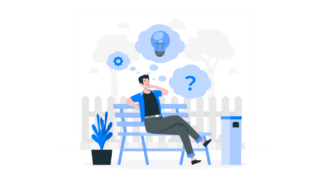

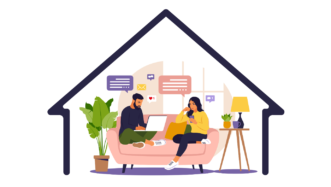
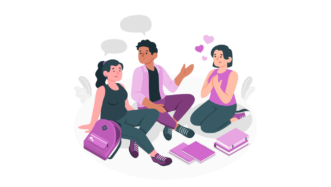

Comments